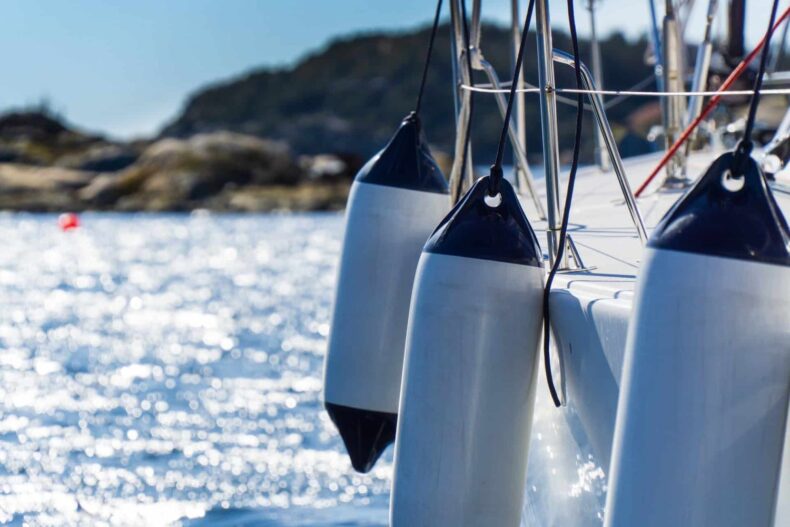
Navigating the open seas is a daunting task for many vessels, and ensuring safe passage requires careful consideration of a variety of factors. One crucial element in protecting one’s boat or ship from damage is having appropriate fenders in place.
With detailed step-by-step instructions on installation methods and troubleshooting tips for common issues, this guide offers invaluable advice for mariners looking to protect their vessels from harm while out at sea.
Whether you are a novice sailor or a seasoned seafarer, this comprehensive guide will give you everything you need to know about keeping your ship safe against even the roughest waves.
Introduction to Ship Fenders

Source: www.fendercare.com
Ship Fenders are devices used to protect vessels from impacts and collisions with other ships, structures, or docks. These protective barrier systems have been used since ancient times to safeguard seafaring vessels from potential damage in heavy weather and high-traffic areas.
Marine fender comes in a variety of shapes and sizes and can be tailored to fit any type of vessel, making them a crucial component for successful sea transport today.
Benefits of Ship Fenders
Ship fenders are an essential part of any maritime vessel. They act as a buffer between the ship and other objects, such as docks or piers, helping to prevent damage to both the vessel and the object it is docking with.
The benefits of properly installed ship fenders can be seen in several aspects:
- Safety: Ship fenders provide an extra layer of protection that prevents vessels from colliding with each other or against hard surfaces like docks. This reduces the risk of costly repairs and injury due to collisions.
- Efficiency: By cushioning impacts between ships and their surroundings, ship fenders allow for smoother transitions into port and quicker loading times. In addition, they reduce turbulence which improves fuel efficiency while in port, saving on energy costs over time.
- Durability: Ship fenders are designed to resist wear and tear from harsh marine environments – protecting them from saltwater corrosion or UV damage thanks to materials specifically designed for this purpose.
With proper maintenance they can last for many years without needing replacements, resulting in cost savings down the line.

Source: www.fendercare.com
Maintenance and Care Tips for Ship Fenders
Maintaining and caring for ship fenders is key to ensuring their longevity and effectiveness. Regularly check all ropes and fittings as well as their connection points to make sure everything is secure and tight.
Additionally, keep an eye out for rust or corrosion which can cause significant damage if left unchecked. Deep cleaning should be done every few months depending on usage to remove salt buildup and dirt from the surface of the fender material itself as well as its fixtures and fittings.
Use a gentle soap solution with a soft cloth or brush before rinsing off thoroughly with clean water afterward — harsh chemicals should never be used when cleaning ship fenders! For extra protection against UV rays, you can also apply marine-grade waxes once it has been cleaned properly; this will help maintain its color over time too.
Finally, avoid using abrasive materials such as wire brushes when caring for your ship’s fenders; instead, opt for softer alternatives like sandpaper where appropriate to prevent accidental scratches during maintenance operations which could reduce their effectiveness over time.
Conclusion

Source: getmyboat.com
Ship fenders provide an important service to the marine industry, protecting ships from damage against docks, other vessels, and objects. Marine fenders are essential for ensuring a safe voyage for both passengers and cargo.
This comprehensive guide has outlined the different types of ship fenders available on the market, their features and benefits as well as practical advice on choosing the best option for your needs.
With proper selection and installation by experienced professionals, these marine fenders can help protect your vessel while in port or during transit so you can rest easy knowing that your boat is secure at all times.




